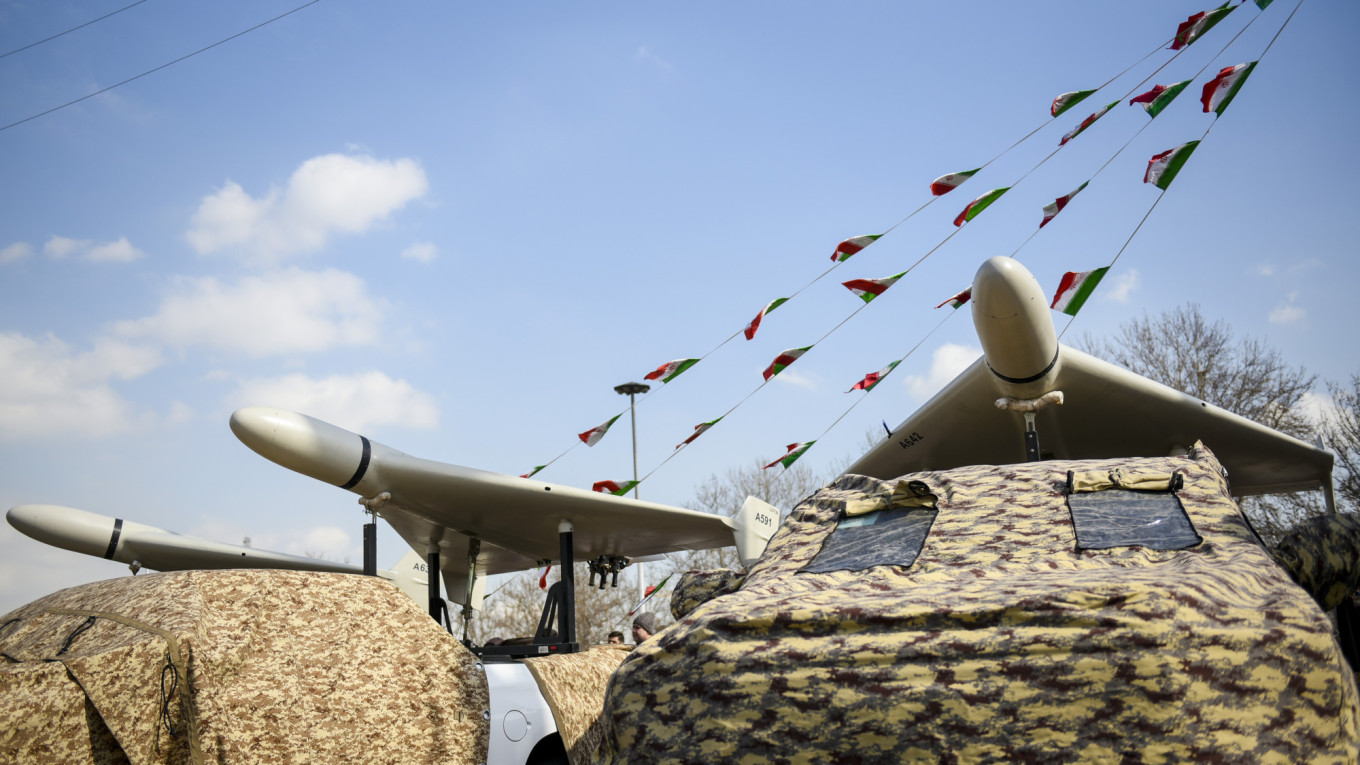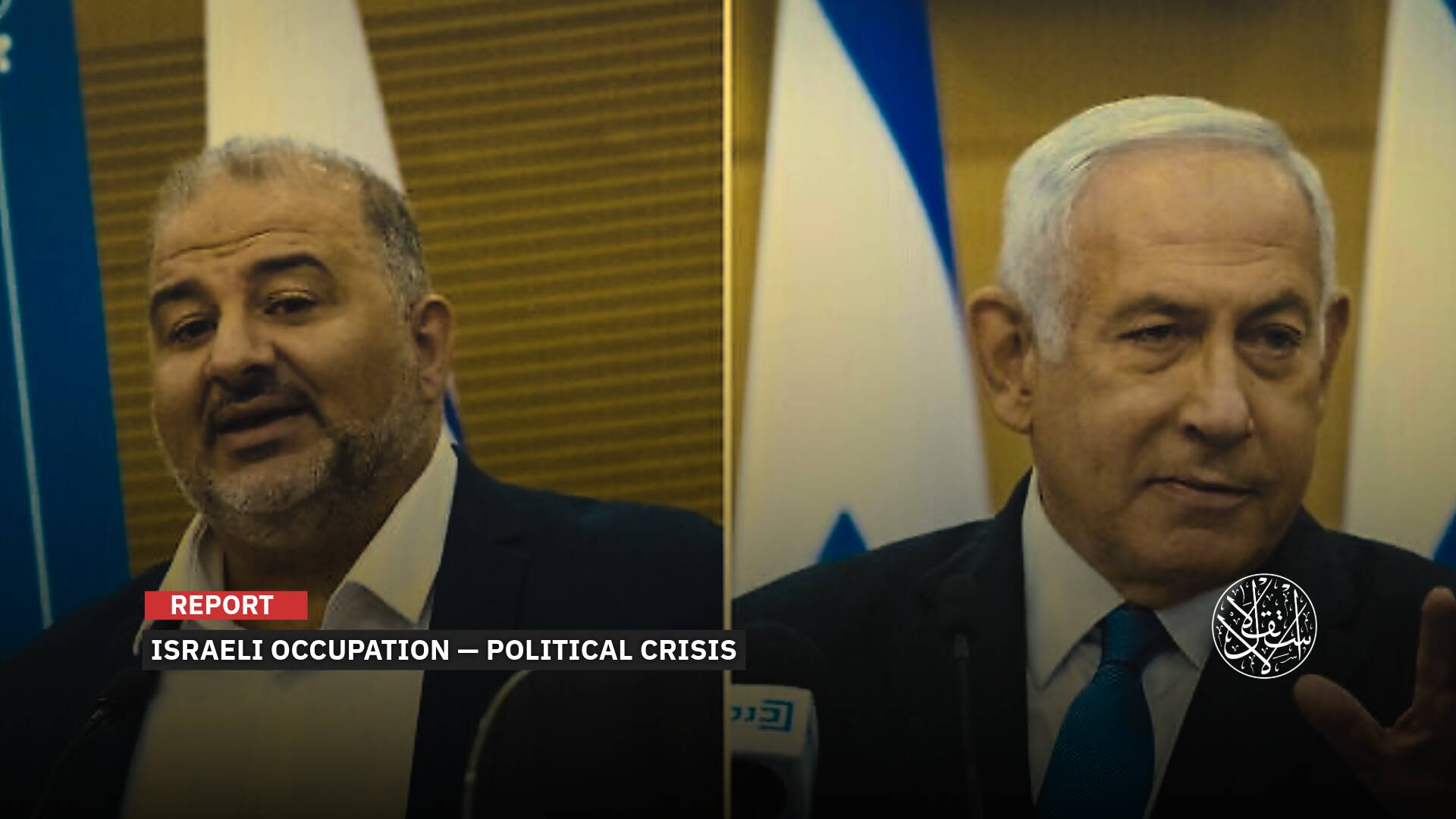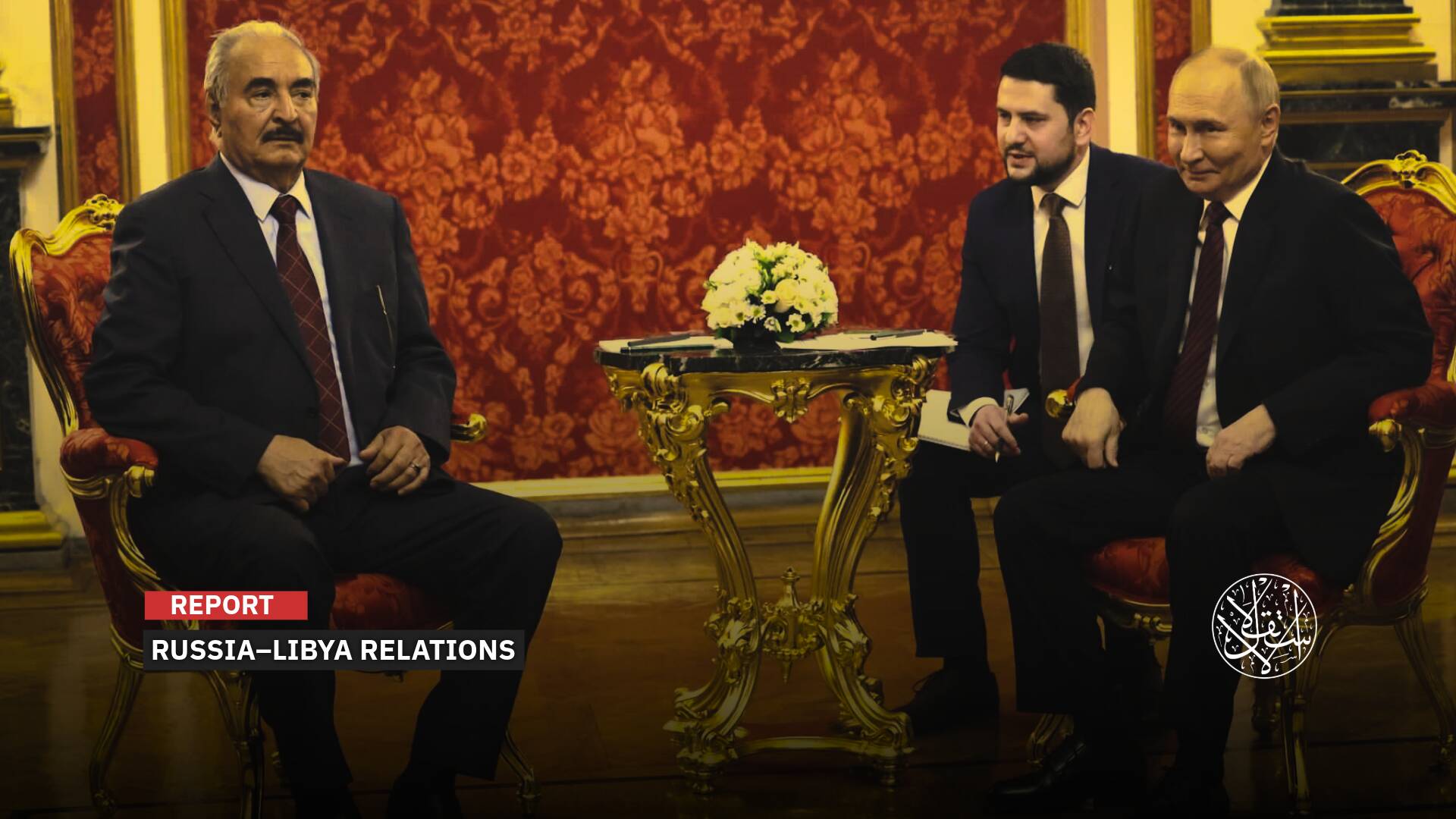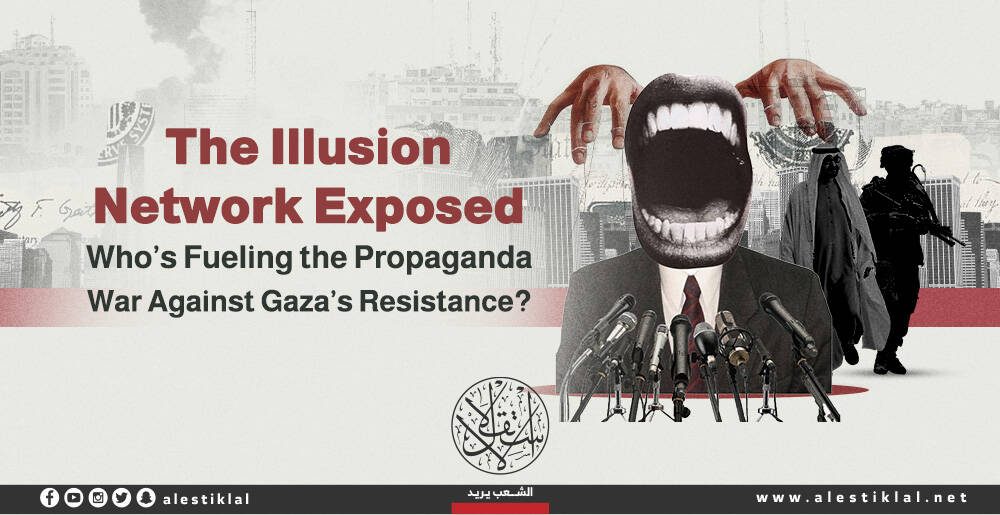Strategic Partnership Pact: This is How Iranian-Russian Relations Deepen

“Russia's ties with Iran have intensified since its all-out invasion of Ukraine in February 2022.”
At a presidential summit aimed at signing a new agreement, Russia and Iran are preparing to confront the fallout from US President-elect Donald Trump’s return to the White House.
The new comprehensive strategic partnership pact aims to strengthen political and economic relations between Russia and Iran, as the two countries seek to adapt to sanctions imposed by the United States and its allies.
According to Russian Foreign Minister Sergei Lavrov, the agreement will include commitments to enhance defense cooperation between the two countries.
Tehran has ruled out a mutual defence clause like the one included in Moscow's pact with North Korea last year, Russian state media reported, citing Tehran's top diplomat Abbas Araghchi.
In October 2024, the Iranian and Russian presidents met on the sidelines of the BRICS summit held in the Russian city of Kazan, where Putin announced that the two countries were close to signing a comprehensive cooperation pact, and that Iran had become a full member of the BRICS group.
Russia and Iran, which had troubled relations in the past, developed cordial ties after the collapse of the Soviet Union in 1991, with Moscow emerging as a key trade partner and supplier of weapons and technologies for Tehran, which has faced bruising international sanctions.
Russia built Iran’s first nuclear plant that was launched in 2013 and is building two more nuclear reactors there.
Russia and Iran also pooled their efforts to shore up Bashar Assad’s government in Syria, but failed to prevent his downfall last month after a lightning offensive by the opposition.
“Historically, Russia has been cautious in its relations with Iran, refraining from labeling them as strategic to avoid antagonizing key regional players like Saudi Arabia, Israel, and the UAE, but now it is relying on Iran to wage its war,” said Nicole Grajowski, a fellow in the Nuclear Policy Program at the Carnegie Endowment for International Peace.
Strategic Pact
Iranian President Masoud Pezeshkian recently arrived in Russia to sign a wide-ranging cooperation pact, as his country grapples with mounting economic problems and other challenges.
Pezeshkian is scheduled to hold talks with Russian President Vladimir Putin. This will be his third meeting with Putin since Pezeshkian was elected in July 2024.
The new pact comes ahead of the inauguration on January 20 of US President-elect Donald Trump, who has pledged to broker peace in Ukraine and take a tougher stance on Iran.
For his part, Iranian Foreign Minister Abbas Araghchi announced that the pact includes all dimensions of economic, trade, parliamentary, security and military cooperation, stressing that it is not a military coalition for special purposes.
The Russian news agency TASS quoted the Iranian ambassador to Moscow, Kazem Jalali, as saying that the pact to be signed between Moscow and Tehran will regulate relations between the two countries for the next two decades.
He indicated that the agreement needs to be ratified by the Iranian parliament, and once the ratification process is completed, it will be valid for 20 years, describing the agreement as "balanced."
“Before the Iranian revolution (in 1979), agreements were often imposed on us, so we were in a weak position, but the current document takes into account the interests of both sides,” Jalali said.
In turn, Kremlin spokesman Dmitry Peskov confirmed that the agreement will take relations between Russia and Iran to a new level, noting that it will strengthen the two countries' status as strategic partners.
He also denied any connection to Trump's inauguration, saying that the signing had been planned for a long time.
This pact is not the first of its kind, as the two countries signed a comprehensive cooperation pact in 2001, the duration of which was set at 20 years; however, it was automatically extended in 2020 for 5 years.
For his part, Russian Foreign Minister Sergei Lavrov said that the comprehensive strategic partnership pact with Iran is not directed against any country, explaining that it aims to ensure the security of the two countries.
“The aforementioned agreement is of a constructive nature, and aims to enhance the capabilities of Russia, Iran and our friends around the world to carry out their duties,” he added during a press conference.
He pointed out that Moscow seeks to achieve the same goals in order to better develop the economy, solve social issues, and ensure reliable defense capabilities.

Economic Cooperation
Russian-Iranian relations have been growing closer since Russia’s invasion of Ukraine in 2022, which led to sweeping sanctions on Moscow and pushed it into its most intense confrontation with the West since the Cold War.
Russia is also working to build a trade route with Tehran that reaches India in order to mitigate the impact of Western sanctions.
Officials from the two countries have also discussed strengthening financial and banking cooperation between them in recent years, especially as Moscow seeks to benefit from Iran’s long experience with international isolation.
Russian Deputy Prime Minister Vitaly Savelyev said during his meeting with Pezeshkian in Tehran last month that “Iran’s accession as an observer member of the Eurasian Economic Union (EEU) will open up the markets of the major member states of this union to it.”
The EEU includes Russia, Armenia, Belarus, Kazakhstan and Kyrgyzstan, and the union's market is estimated at 190 million consumers. Cuba, Moldova and Uzbekistan have observer status.
Savelyev pointed out that the Russian government has secured the necessary considerations for implementing the Astara–Rasht railway agreement within the North-South corridor, calling on Tehran to implement this agreement.
In 2023, Moscow and Tehran signed an agreement to extend a 162-kilometer railway between the port of Astara and the city of Rasht in Iran, a step that is a continuation of the strategic transport project North-South.
The North-South shipping corridor is a multimodal route from St. Petersburg to Mumbai in India, with a length of 7.2 thousand kilometers, passing through Iran.
The corridor is an alternative route to the maritime shipping route, which connects Europe, the Gulf countries and the Indian Ocean via the Suez Canal.
The North-South corridor includes three international shipping routes: a route through the Caspian Sea using railways and ports, and two land routes.
It is noteworthy that Russia is the largest foreign investor in Iran, which is a place for storing Russian oil, and there are direct links between the banking systems of both countries.
Iran-Russia annual trade grew by 15% last year, with the recent pact aiming to accelerate the trend.

Western Concern
Russia has strengthened its ties with Iran, and other countries hostile to the United States, since the start of the war in Ukraine, having strategic agreements with both North Korea and Belarus, as well as a strategic partnership pact with China.
Moscow’s military ties with both Tehran and Pyongyang are a major concern for the West amid the nearly three-year-old war in Ukraine.
In September 2024, Washington officially accused Tehran of delivering suicide drones and short-range ballistic missiles to Moscow for use in the Ukrainian war.
It also imposed sanctions on companies and ships deemed to be involved in transporting Iranian weapons, while Tehran denied these accusations.
Later, Brussels and London imposed sanctions on Iranian shipping lines, including a ban on the export, transfer, supply or sale of components used in the development and production of missiles and drones from the European Union to Iran.
The Times had previously quoted informed sources as saying that Trump, after taking office, is considering launching preemptive air strikes on Iran.
Recently, leaks have spread about secret visits made by Ali Larijani, a senior advisor to Iranian Supreme Leader Ali Khamenei, to Moscow in recent weeks.
Western media outlets quoted intelligence sources as saying that “Iran has made secret diplomatic moves to Russia to expand military cooperation between the two countries and receive assistance from Moscow in implementing its nuclear program.”
These visits are believed to have laid the foundations for concluding the comprehensive pact and defined the two countries’ vision for developing relations and cooperation in various fields during the next phase.
Iran relies on more assistance from Russia in implementing its nuclear program, especially in training its specialists.
On the other hand, voices have emerged in Iran questioning the usefulness of relying on Russia to ensure Iran’s interests, at a time when Moscow is adopting delicate balances in its relations with various parties, including Israel.
It is noteworthy that Iran is seeking to obtain the advanced Russian air defense system S-400 to protect its facilities, including nuclear sites, from attacks, without making any progress on this path so far.
The Iranian military authorities have also repeatedly requested that Russia provide it with Sukhoi-35 fighter jets with the aim of modernizing its air force, which has been suffering from sanctions for decades, but Moscow has not yet delivered those fighters to Tehran.

According to observers, the new pact between Iran and Russia represents a strategic response to the increasing European pressures and sanctions on the two countries, and an embodiment of their desire to strengthen their common positions in the face of Western pressures.
Regarding the implications of signing the pact between Moscow and Tehran, political analyst Nasr al-Yousef explained in a statement to Al-Estiklal that “Vladimir Putin always talks about his desire to create a multipolar world, free of Western imperialism and American hegemony, and he wants to show that his attempts are successful despite the West's efforts to isolate his country.”
“Discontent with the current world order is also one of the motivations for Tehran and Moscow to enhance areas of cooperation between them, with both countries having a desire to challenge and reshape it,” he added.
Sources
- Presidents of Russia and Iran meet in the Kremlin to sign partnership treaty
- Russia-Iran pact will not include mutual defence clause, TASS cites Iranian envoy
- Russia and Iran Strategic Partnership Agreement Part II
- Iran-Russia comprehensive agreement: outcomes and implications
- Russia and Iran to Seal Partnership Pact Ahead of Trump Term
- Iran in secret talks with Russia to bolster nuclear ambition
- Russian Deputy Prime Minister Savelyev: 'Iran Is Russia's Strategic Ally'










